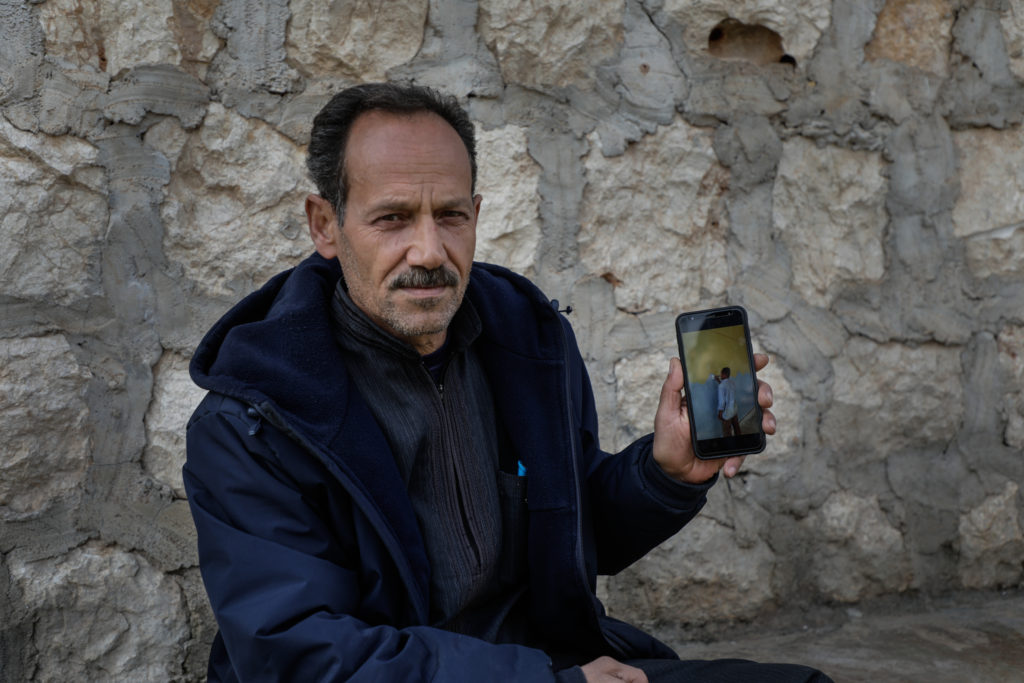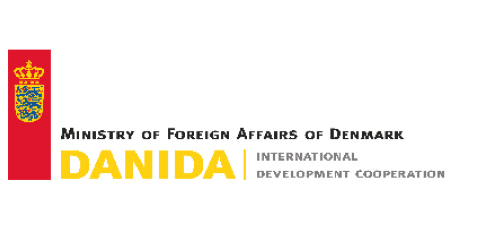“It’s the strangest feeling when you realize that you have gotten used to fleeing from one place to another. Every time you have to leave, you get less attached, and you realize that the only thing that really matters is that your family survives,” says Hadi, 50 years old, (name changed), used to dye fabric in a factory, earn a good income and was the sole provider for his wife and four children before the conflict. “The first time was the worst,” he said, “Leaving the home that you have built with your own hands, leaving behind everything that you have worked so hard for. Running for your life is something I wish no one has to live through.”
His story has changed in the past nine years with the conflict, he and his family have sought shelter in three different places. He has worked as a driver, in a bakery shop, a canteen – he took on whatever job he could find to help his family survive. For the past one and a half years, he and his family have lived in a relative’s house, sharing a small room. “We are seven family members living in one room. It is hard to live this way, but we have no other option,” he says. Every time Hadi moved to a new place, he had to find a place to stay, a job to pay his rent, and try to make new friends.
A few months ago, the community council told him about a job opportunity with SRC’s school rehabilitation project. Since the beginning of the war, more than half of Syria’s infrastructure has been destroyed, including important public buildings such as hospitals and schools. The six member organizations of the SRC have already worked on small scale reconstruction and refurbishment of many dozens of buildings in the past four years, reaching approximately 1.3 million people. The work is mostly done by people in need themselves, who participate in “Cash for Work” programs. Approximately 124,000 people benefitted from taking part in Cash for Work programs or related cash activities. In a country in which unemployment rates exceed 90% in some areas, and more than 80% of the population live below the poverty line, finding a job and earning an income is one of the most pressing issues.
“I am already in my 50s. But I am still strong, and I am really happy to work.” For three months, Hadi was in charge of painting different walls., earning a total of USD 360 for his work, money, he urgently needed to provide for his family. He was one of over 150 men, who worked hard so damaged and destroyed schools could become a place of joy and learning again for many children. While they were working, children came to register for the new school year, watching Hadi and the other men do their job.
“It’s been such a good feeling to see the smiles on the children’s faces. Most of them know nothing but war, so brightening up their lives and making their school a place they enjoy spending time I felt like it was doing something worthwhile for them and the community.” At home, Hadi showed pictures of his work to his younger children, hoping that once they are old enough, they will also be able to attend school and learn for a better future. “My biggest wish is that we can all live in peace again. I wish that every displaced person can go back home, and that my children will have a better future ahead of them.”






